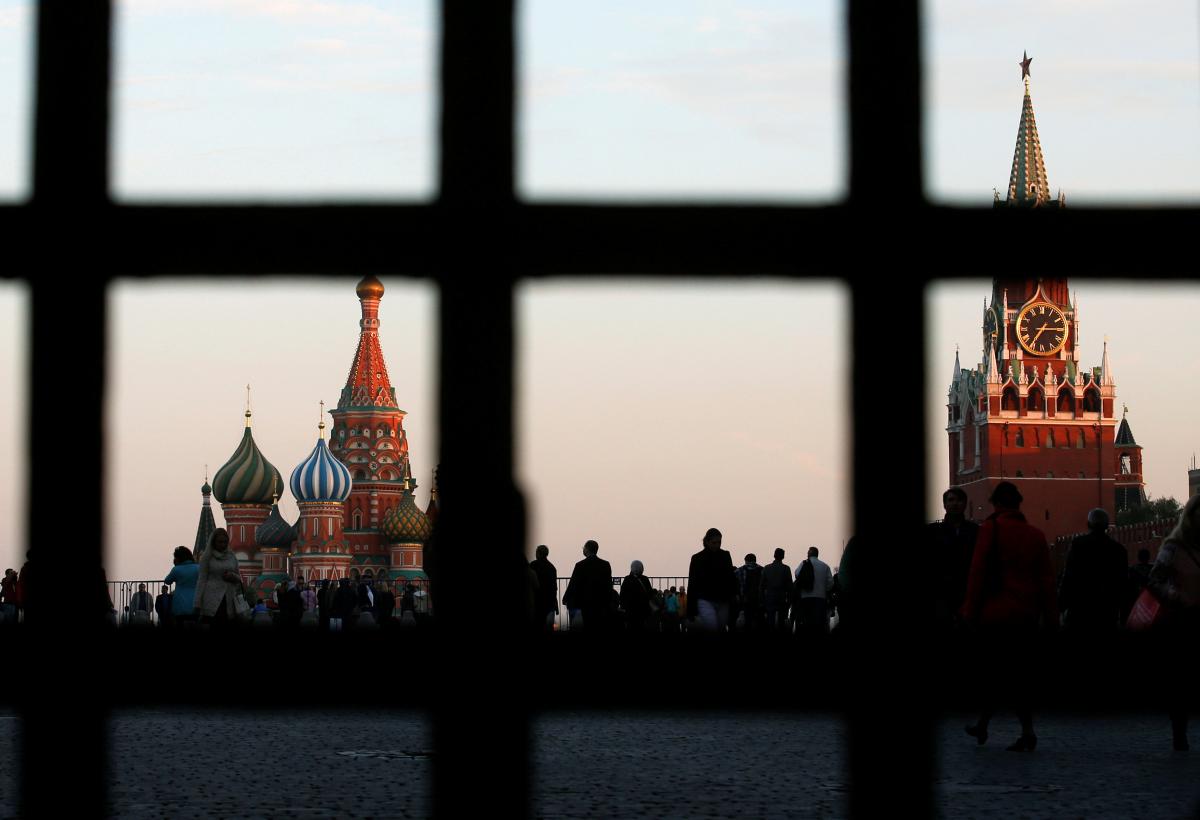
The Kremlin says that a decision to refuse the transfer to Germany of opposition leader Alexei Navalny, who is in a coma in a Siberian hospital with suspected poisoning, is based only on medical grounds.
"This is a question of a purely medical decision," President Vladimir Putin's spokesman, Dmitry Peskov, told journalists on August 21 after Russian doctors said Navalny was not well enough to be moved from the Omsk hospital where he is being treated, RFE/RL reported.
Read alsoSubstance in Navalny's body hazardous to those around him, police say
Peskov told reporters that Russian law enforcement would launch an investigation if poisoning was confirmed, but the Russian news agency TASS quoted an unidentified law enforcement source as saying that there were "no grounds for opening a criminal case, no crime elements have been identified."
Navalny poisoning: background
- Navalny felt sick on the plane he was flying from the city of Tomsk to Moscow.
- His rapidly deteriorating condition forced the captain to do an emergency landing in Omsk.
- Navalny's press secretary assumed the opposition leader had been poisoned with a substance poured into his tea.
- Navalny remains in a coma and on a lung ventilator in an intensive care unit in Omsk hospital.
- Navalny was set to be transported to Germany for further treatment, and the plane was ready to pick up the opposition leader overnight Friday, August 21, to take him to Berlin.

